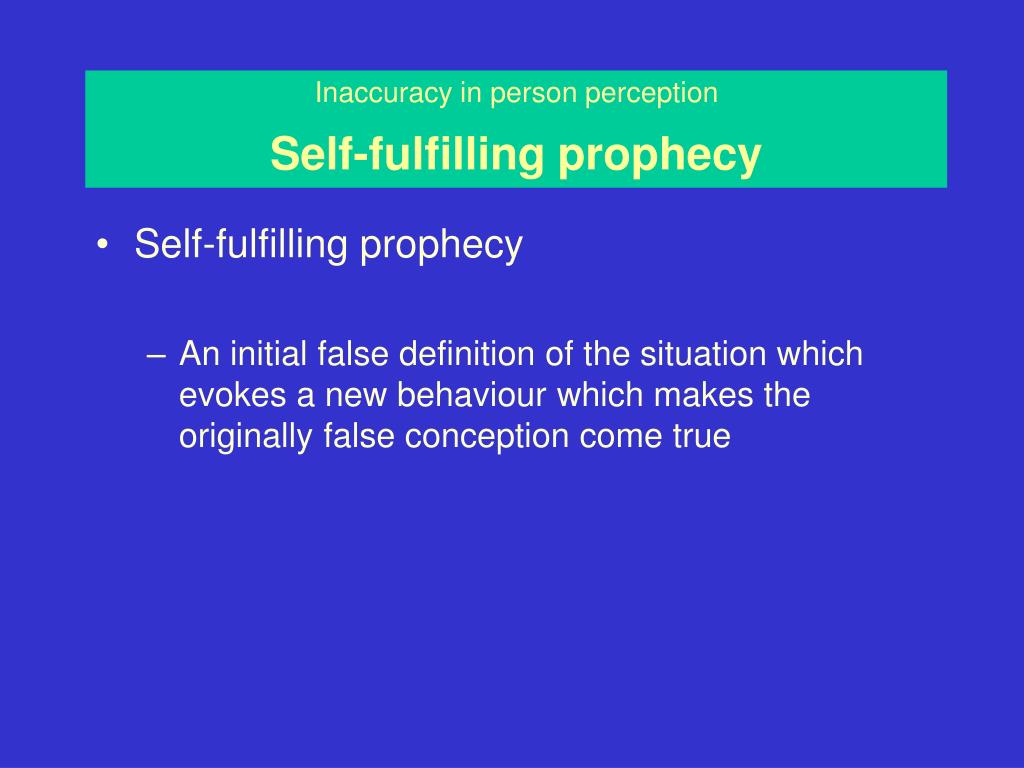
Additionally, China did not develop a reckonable naval force for deployment against Taiwan which helped it continue its growth in an isolated way without much scrutiny – till the1980s when China started to create its presence on the global stage. involvement in the Korean and Vietnam wars only brought focus on China. The Peoples’ Republic of China was branded a remote player involved in its own internal affairs. Possessing formidable maritime capability became a prerequisite. The bipolar world that emerged after World War II, focussed on developing technology for global domination. Today, the strategists supporting Xi Jinping in formulating national policies are likely to be Chinese Communist Party (CPC) and Central Military commission (CMC) members. The contributions of PLA Marshal Peng Dehuai and PLAN Admiral Liu Huaqing in respectively shaping China’s military and maritime strategy are significant. Military strategists like Xun Yu (Wei state), Zhou Yu (Wu state) and Zhuge Liang (Shu kingdom) are still celebrated in Chinese literature and popular culture. This explains the intrinsic Chinese propensity to form alliances - earlier with USSR and lately the ‘One Belt One Road’ (OBOR) nations to further its aims.Įither game employs shrewd long term strategies to win. The inherent ambiguity, deception and inscrutability arising out of enormous permutations of Weiqi and the Three Kingdom history are etched in Chinese minds, culture and strategic thinking.

Shu kingdom constantly sought an alliance with the equally weak Wu kingdom whose riverine and mountainous terrain mitigated some of its military weakness for repelling Wei. Recent transgressions by the Chinese along the Line of Actual Control can be also seen in this perspective.Ī study of the Three Kingdoms reveals that the Northern Wei kingdom, with its abundant resources and troops (superior force) was accustomed to threaten its militarily weaker Shu and Wu kingdoms in the South. Its influence can be seen in the Chinese propensity towards territorial gains – a phenomenon less seen in post World War II world and Chinese researchers and scientists enrolling as students in the U.S. It focuses on ‘Positioning’ and ‘Expansion of territory’ (Manoeuvring with less focus on Attrition). Weiqi is played on a larger board (Terrain) with longer games (Time, Patience) with a larger scope for play and many more alternatives to consider per move (Ambiguity and Flexibility). (The number of legal board positions in Chess is estimated at 10123 and that in Weiqi at 2 × 10170). The aim is to expand own territory and attack the opponent's weak groups, till the opponent concedes his advantage. Adversaries, mindful of the "life status" of their own groups, add ‘Stones’ on intersection points to create formations and potential territories. In contrast, the Weiqi, an over 2500 year old Chinese board game for two players, has a 19×19 grid, with 361 intersecting points. Historical Influences on Chinese Thinking and PsycheĪmongst many, two primary historical influences on Chinese thinking namely Weiqi game and the Three Kingdoms history are selected to highlight their influences on present day Chinese thinking.Ĭhess is played on 8x8 grid board and ‘chessmen’ are moved from predetermined positions, according to preset rules to cause attrition till capture of the opponents ‘King’. Some are catalogued and related to macro (strategic), military (operational or tactical) levels and recent usage. Most examples in the context of recent India and China events are drawn from Sun Tzu teachings compared to other thinkers. This article analyzes few Chinese war waging mechanisms and deception stratagems. In this context the ancient Chinese curse: “May you live in interesting times” gains more focus.Īlthough frequently employed and alluded to since ancient times, detailed discussions on deception are not easily found. Additionally, China liberally resorts to Cyber offensives, Electronic espionage, Information Harvesting and Information wars (excluded in this discussion). The Chinese have perfected creation, manipulation and employment of both strategic and tactical deception into a sophisticated art which impacts meaningful, cogent threat analysis.

Deception as a tool either conceals or enhances two vectors of a meaningful threat analysis – capabilities and intentions.

Examples abound in the Mahabharat other examples are Trojan War, Alexander crossing the Indus at night, Zimmerman telegram, et al. Humans employ deception to create confusion, gain surprise, take advantage and secure victory.

Deception is practiced by lizards, chameleons and storks for escaping danger or survival.


 0 kommentar(er)
0 kommentar(er)
